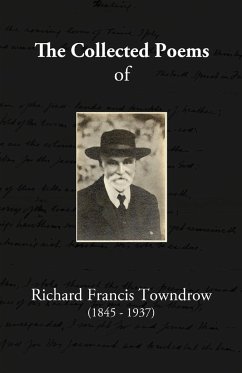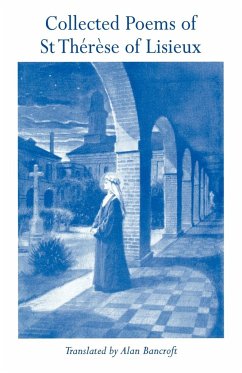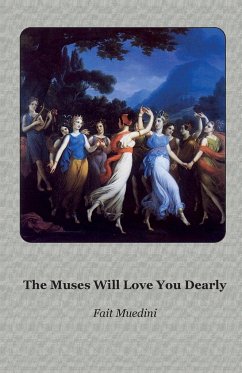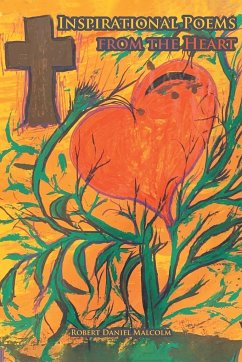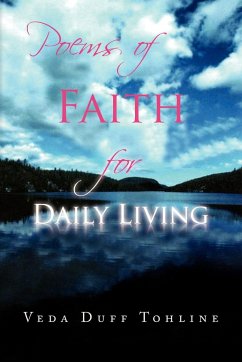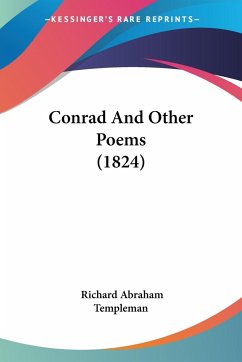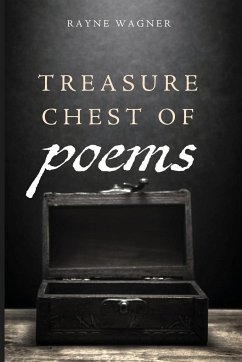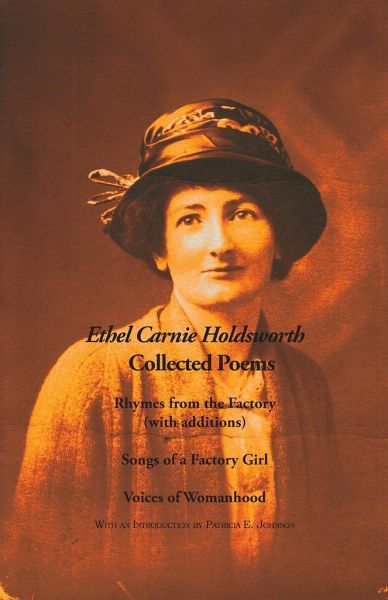
Collected Poems
Rhymes from the Factory (with additions); Songs of a Factory Girl; Voices of Womanhood
Versandkostenfrei!
Versandfertig in 1-2 Wochen
24,99 €
inkl. MwSt.

PAYBACK Punkte
12 °P sammeln!
Now widely recognized as a novelist and essayist, working-class writer Ethel Carnie Holdsworth first published as a poet. The three books collected here demonstrate her growth in this genre from her early poems, written when she worked full time in the mill, to her last book of poetry, Voices of Womanhood, which realizes her mature insights into the lives of working-class women. Carnie Holdsworth's poetry provides both a unique perspective on British life in the early twentieth century and an invaluable testament to the experiences of her gender and class.





